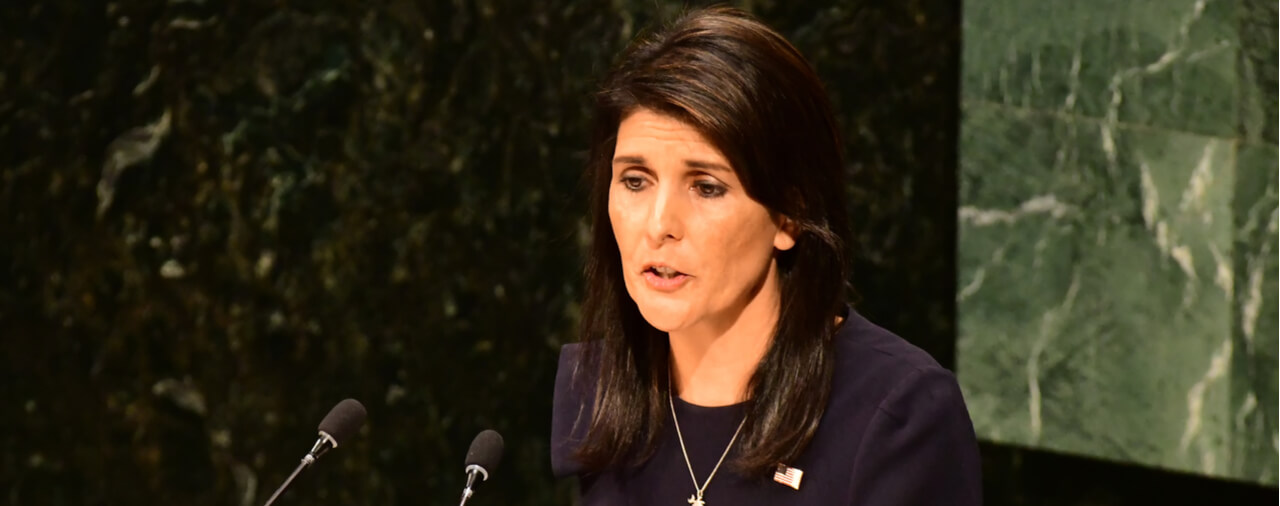On December 2, 2017, the United States Mission to the United Nations announced that it has informed the United Nations Secretary-General that the United States is ending its participation in the Global Compact on Migration [PDF version].
The statement explains that the United States began participating in the Global Compact on Migration process in 2016. However, the United States has now concluded that the New York Declaration on migration, which began the process, “contains numerous provisions that are inconsistent with U.S. immigration and refugee policies and the Trump Administration’s immigration principles.” Accordingly, President Donald Trump determined that the United States would withdraw from the Compact process, which aims to reach an international consensus in 2018.
The United States Ambassador to the United Nations, Nikki Haley, released the following announcement on the decision:
America is proud of our immigrant heritage and our long-standing moral leadership in providing support to migrant and refugee populations across the globe. No country has done more than the United States, and our generosity will continue. But our decisions on immigration policies must always be made by Americans and Americans alone. We will decide how best to control our borders and who will be allowed to enter our country. The global approach in the New York Declaration is simply not compatible with U.S. sovereignty. – UN Ambassador Nikki Haley
Secretary of State Rex Tillerson made the following remarks about the decision [PDF version]:
While we will continue to engage on a number of fronts at the United Nations, in this case, we simply cannot in good faith support a process that could undermine the sovereign right of the United States to enforce our immigration laws and secure our borders. – Secretary of State Rex Tillerson
Both statements focus on the view that the New York Declaration on migration, which underpins the Global Compact on Migration process, contains provisions inconsistent with U.S. law, policy, and sovereignty. For practical purposes, the decision will mean that the Global Compact on Migration process will not result in any changes to U.S. refugee policy.
In Foreign Policy, Colum Lynch reported that there were differing views within the Trump Administration on whether to remain in the Global Compact on Migration process.1 According to the report, Attorney General Jeff Sessions, White House Chief of Staff John Kelly, and White House senior advisor Stephen Miller pushed for withdrawal from the compact. After initially supporting remaining in the compact, Secretary Tillerson ultimately supported withdrawal. Interestingly, the article states that Ambassador Nikki Haley supported staying in the Compact in order to influence the process, but President Trump ultimately supported withdrawal.
Although the United States will not remain in the Global Compact on Migration, President Trump recently issued a significant Executive Order on the United States Refugee Admissions Program (USRAP). Please see our full article to learn about the Executive Order [see article].





